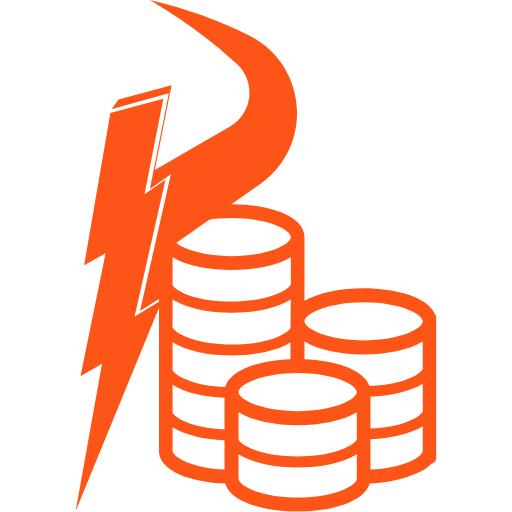Judge Overturns Fraud Convictions in Mango Markets Exploit Case
In a surprising turn of events, a US federal judge has thrown out key fraud and manipulation convictions against Avraham Eisenberg, the individual at the center of the $110 million exploit of the decentralized exchange Mango Markets. This development raises questions about the application of traditional fraud laws to the world of DeFi and crypto regulation.
Key Ruling in the Mango Markets Case
Judge Arun Subramanian ruled that the evidence presented during the trial was not sufficient to support the jury’s conclusion that Eisenberg made false representations to Mango Markets. This decision effectively acquits Eisenberg of commodities fraud and market manipulation charges, significantly weakening the government’s case against him. As reported by Cointelegraph, the judge sided with Eisenberg’s defense that he exploited poorly designed code rather than making any false statements.
Eisenberg, who described himself as an “applied game theorist,” was initially convicted in 2024 for artificially inflating the price of Mango’s MNGO token by over 1,300% in a short period. He then used these gains as collateral to withdraw $110 million in crypto assets from the platform.
The Core of the Argument
The Justice Department argued that Eisenberg deceived Mango’s smart contract-based lending system. However, the defense argued that he simply took advantage of the platform’s permissionless code without making any false claims. Judge Subramanian agreed with the defense, stating that because “Mango Markets was permissionless and automatic,” it could not be deceived in a legal sense. The judge emphasized that there was “insufficient evidence of falsity.”
Jurisdictional Issues
The judge also rejected the prosecution’s argument that the case should be heard in New York, noting that Eisenberg was in Puerto Rico during the trades and that no significant activity related to the alleged crime occurred in New York.
What’s Next?
The US government now faces the decision of whether to refile the vacated charges. It’s worth noting that Eisenberg still faces civil suits from both the SEC and CFTC. Despite this ruling in the Mango Markets case, Eisenberg remains in custody due to a separate case.
Separate Charges: Child Pornography
In a separate legal matter, Eisenberg was sentenced to nearly four years in prison on May 1 after pleading guilty to possessing child pornography. This charge stemmed from unrelated evidence discovered during his arrest.
Background on the Arrest and Trial
- Eisenberg was arrested in Puerto Rico in December 2022 by US federal law enforcement.
- He was initially charged with one count of commodities fraud and one count of commodities manipulation.
- In April 2024, a jury found Eisenberg guilty of wire fraud, commodities fraud, and commodities manipulation.
- The defense maintained that the exploit was a legitimate trading strategy, not a cybercrime.
Conclusion
The judge’s decision to overturn the fraud convictions in the Mango Markets case highlights the legal complexities of applying traditional fraud laws to the rapidly evolving world of DeFi. This case could set a precedent for how similar exploits are viewed in the eyes of the law, particularly concerning Bitcoin, Ethereum, and other cryptocurrencies. The outcome of this case will be closely watched by the crypto community and legal experts alike.
Disclaimer
The information provided in this article is for informational purposes only and does not constitute financial advice. All news content is sourced from trusted platforms like Cointelegraph, Bitcoinist, and our own writers written with added value, editorial insights and reviews by our team. Always do your own research before making any investment decisions.



